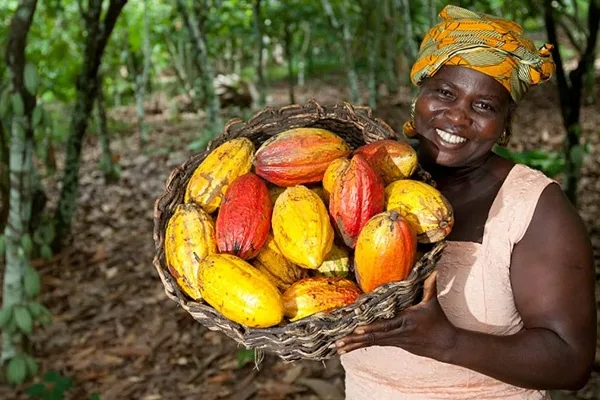Cote d’Ivoire Implements Traceability for Cocoa and Coffee
On 13 September 2023, the Cabinet of Cote d’Ivoire approved the National System for Traceability of Cocoa and Coffee. This new and improved process is in line with global best practices and was initiated by the Coffee and Cocoa Council of Cote d’Ivoire.
The Traceability will be able to trace the agricultural produce from crop to cup, starting from the field in which it was cultivated, tracking it all throughout the value-addition chain before finishing in the cup of the end-user.
This measure is in line with the new EU green law on imported agricultural products which is scheduled to come into effect by the end of 2024. One of the conditions imposed by the new EU law is to be able to demonstrate and certify that the agricultural products — such as cocoa, coffee, soja, rubber, palm oil — are not contributing to deforestation and the disappearance of carbon sinks.
The production of cocoa in Cote d’Ivoire exceeds two million tonnes per annum and this amount represents 45% of global supply. Cocoa brings in 40% of foreign exchange to Cote d’Ivoire and contribute 15% to the GDP.
Unfortunately, Cote d’Ivoire only receives less than 6% of the value which is estimated to be about USD 100 billion generated annually of the final chocolate product globally. Therefore, Cote d’Ivoire and other cocoa-producing are working to have more local value addition (#LVA) in order to capture a larger share of the global value.
Based on statistics compiled, the EU accounts for 55% of all Ivorian exports of agricultural products. As an added bonus, the Traceability system will allow the monitoring of and help to encourage sustainable agricultural techniques.

